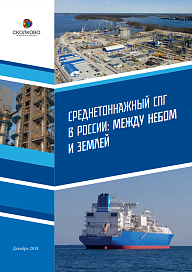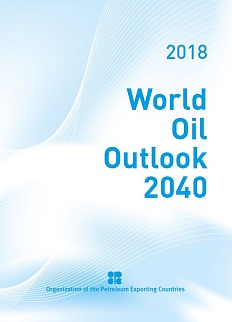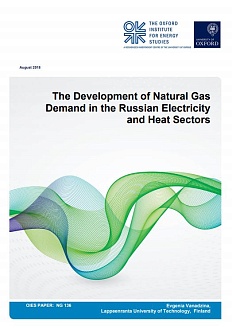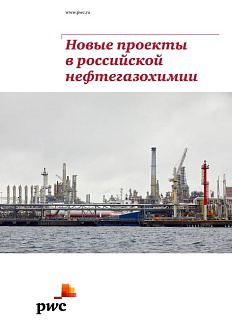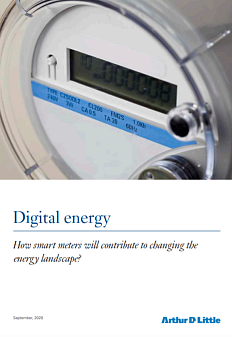The number of countries that use liquefied natural gas (LNG) in one form or another to support their economic growth and ensure energy security is rapidly growing. In some cases, LNG projects become more competitive than traditional pipeline solutions. The analysts of the Moscow School of Management SKOLKOVO state in their report that, compared to large- or small-tonnage projects, medium-tonnage projects have the following competitive advantages: lower capital expenditures, shorter construction periods, relatively low natural gas requirements, possibility of building a series of identical lines on one location, and a fairly wide range of medium-tonnage technologies. Medium-tonnage LNG projects provide flexibility, helping to adapt to changes in market demand without creating excess capacities. With a relatively fast return on investment and a high internal rate of return (IRR), medium-tonnage projects seem to be the most appropriate to the current market realities.
Russias huge advantage is its geographical position in relation to the EU and China the worlds largest consumers of energy resources. At the same time, low competition among contractors for building LNG facilities, the necessity for importing main process equipment, lack of experience with implementing medium-tonnage LNG projects, and high interest rates for attracted investments usually result in substantial capital costs per capacity unit for Russian medium-tonnage projects both for the liquefaction cycle itself and for building the required infrastructure like seaport facilities, pipelines, roads, and power lines. Nevertheless, owing to a low cost of the natural gas itself, aggregate short-term marginal costs for medium-tonnage LNG projects in Russia remain among the lowest globally. In 2019, as many as three medium-tonnage LNG production facilities are to be commissioned in Russia. Of these, two are located on the Baltic sea and the third one is an expansion of the Yamal LNG large-tonnage project.
.png)
The research done by the authors of the report demonstrates that implementing these measures will bring extra investment of over 300 billion rubles before 2023, while medium-tonnage production capacities can be expected to increase by 5 million tons, of which around 1 million tons can be supplied to the domestic market and 4 million tons can be exported.


